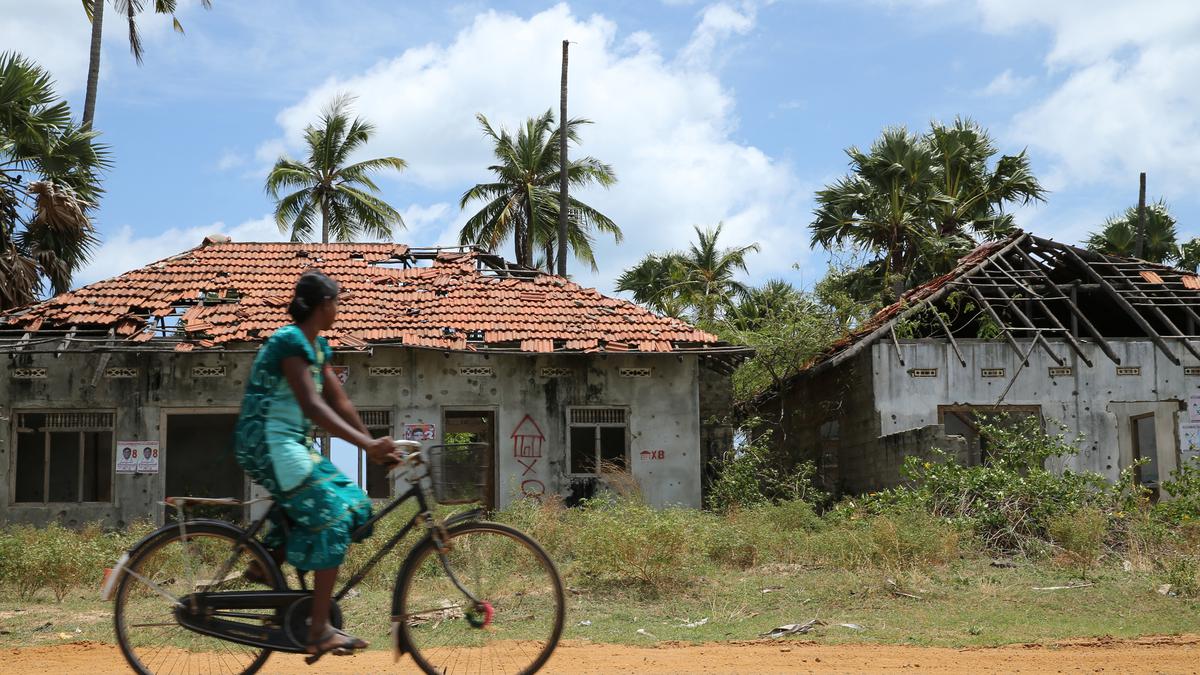
Spotlight on independence of judiciary in Sri Lanka after Mullaitivu judge resigns
The Hindu
Fourteen years after the civil war, Mullaitivu, in the island nation’s war-affected, Tamil-majority Northern Province has been witnessing many contestations, as its residents navigate huge losses suffered during the strife, and seek truth and justice.
A district judge from Mullaitivu in Sri Lanka’s Northern Province has resigned and fled the country citing threats to his life, Tamil media in Sri Lanka reported on September 29.
In a letter that several publications reproduced in their news reports, Mullaitivu District Judge T. Saravanaraja — who recently ruled on two cases pertaining to a religious site in Kurunthurmalai and a remembrance event to commemorate LTTE member Thileepan — had written to the Secretary of Sri Lanka’s Judicial Services Commission last week, on his decision to resign owing to “threat of my life and due to lot of stress”.
Ground Zero: The slippery slope to the Kurunthurmalai hilltop
In July, the judge also visited a mass grave site in Kokkuthoduvai with the police and ordered excavations. Fourteen years after the civil war, Mullaitivu, in the island nation’s war-affected, Tamil-majority Northern Province has been witnessing many contestations, as its residents navigate huge losses suffered during the strife, and seek truth and justice.
It is not clear from media reports if the “threats” received by the judge were directly linked to the sensitive cases he ruled on. While there is no official comment from the judge following reports of his departure, his said decision to resign and leave the island, has put the spotlight on the independence of the judiciary in Sri Lanka.
“The Judiciary is under severe stress and challenge today. For the first time ever, a judge is said to have fled the country fearing for his life, for having made a judicial order,” Jaffna legislator and senior lawyer M.A. Sumanthiran said at a public event in Jaffna on Friday.
Observing that the “challenge” to the judiciary has reached “unprecedented heights”, he remarked: “We have seen the executive, and unfortunately sometimes even the Parliament, put the judiciary under stress in recent times.”











